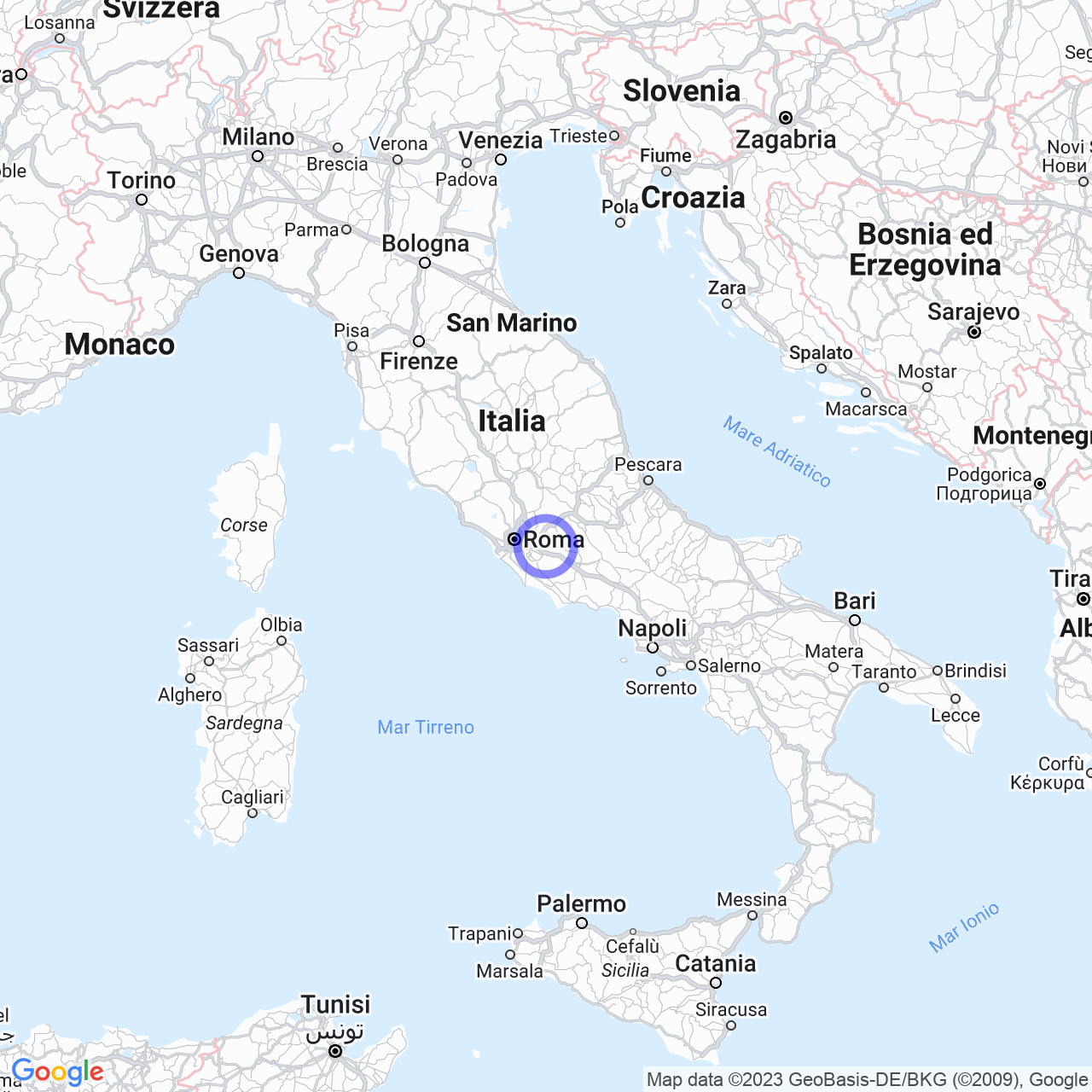Palestrina
Giovanni Pierluigi da Palestrina: the life of the composer
Giovanni Pierluigi, also known as Johannes Petraloysius da Palestrina, was one of the greatest composers of the sixteenth century in the Roman area. Born in Palestrina, near Rome, presumably in 1525 or 1526, he was nicknamed the "prince of music." His mother, whose name is unknown, died when he was still young, and his father Sante or Santo later married Jacobella, who would name him in her will.
Giovanni Pierluigi lived for most of his life in the city of Rome, where he had moved when he was young. In 1537, he is mentioned in a document among the boy choristers of the Basilica of Santa Maria Maggiore, under the instruction of various masters, including Frenchmen and Master Robert.
Later, in 1544, the composer obtained the role of organist at the Cathedral of San Agapito in Palestrina, his hometown, a task that also led him to teach singing to the canons and boy choristers. In 1547, he married Lucrezia Gori, and they had three children, Rodolfo, Angelo, and Iginio.
In 1551, the bishop of Palestrina, Pope Julius III, becomes pope, and Giovanni Pierluigi is appointed magister cappellae of the Cappella Giulia. In 1554, he published his first book of masses, dedicated to Pope Julius III, and later, in 1555, he was admitted among the singers of the Pontifical Sistine Chapel Music.
The success of Giovanni Pierluigi
Giovanni Pierluigi da Palestrina had great success thanks to the composition of sacred music, earning him the title of ideal model for sacred polyphonic composition. The Roman composer published numerous books of masses, among which stands out "Missa Papae Marcelli," one of his most celebrated works, composed in honor of Pope Marcello II. The value of this piece of music is linked to the reforms of the Council of Trent, where liturgical music was regulated in a more rigorous manner.
Giovanni Pierluigi was also highly regarded during his lifetime, and his works were performed on important occasions and liturgical celebrations. In 1571, for example, his Mass "Assumpta est Maria" was performed during the celebration of the triumph of Lepanto.

The legacy of the composer
The legacy of Giovanni Pierluigi da Palestrina has been important for the development of sacred music and polyphony. His works still constitute a very important Italian and international musical heritage.
Furthermore, the composer influenced many subsequent composers, including Gioseffo Zarlino and Tomás Luis de Victoria. His work also had a significant impact on subsequent sacred music, so much so that the composer had a great influence on sacred music of the eighteenth and nineteenth centuries and still represents a source of inspiration for contemporary composers.
Many Italian cities paid tribute to him after his death, and his figure became almost legendary. The composer died in Rome in 1594, surrounded by the affection of his family and the Roman musical community.
Conclusions
In conclusion, Giovanni Pierluigi da Palestrina was one of the most important Italian composers in history. His work had a lasting impact on sacred music, not only in Italy but internationally. His works are often still performed today, and his figure is still celebrated in Italy and worldwide. His musical heritage was fundamental for the development of subsequent sacred music and especially polyphony.
